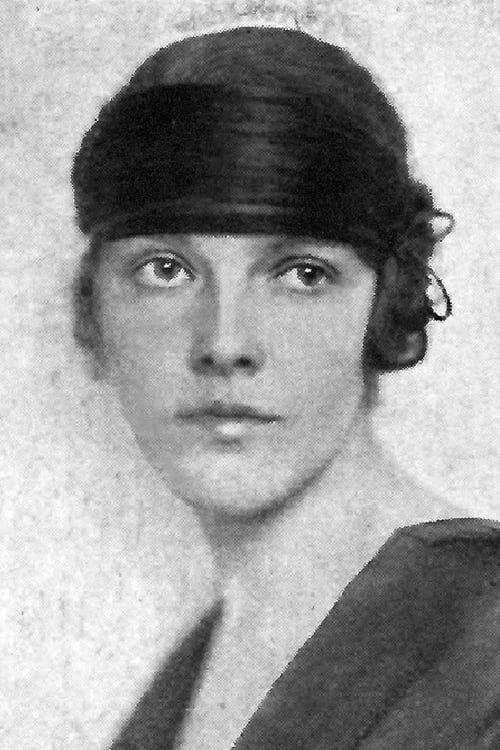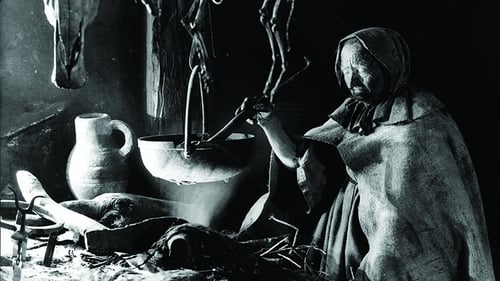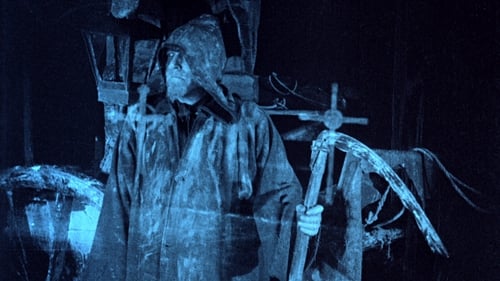Astrid Holm
출생 : 1893-03-30, Denmark
사망 : 1961-10-29
약력
Born Astrid Vilhelmine Rasmussen in Sønder Bjerge Sogn, Sorø Municipality, Zealand, she was the daughter of hotelier Hans Peter Rasmussen and his wife Maren Sofie Rasmussen (née Larsen). She studied at the Royal Danish Ballet, but left in 1910 to pursue a career as a stage actress. During the World War I years, she performed at Det Ny Teater in the capital city of Copenhagen. During the early 1920s, she was engaged at the Royal Danish Theatre for four seasons by request of theater director Johannes Poulsen. From 1927 to 1940 she was engaged at several theaters throughout Denmark and often left the theater to live abroad. In the early 1940s she was engaged at the Frederiksberg Theatre under direction of Svend Melsing and then the Allé-Scenen Theatre under direction of Svend Rindom. From the mid-1940s she rarely appeared on stage, but occasionally performed in radio theater.
Astrid Holm made her screen debut for Dansk Filmfabrik in 1917's Søstrene Morelli (The Sisters Morelli) and the following year was under contract to Nordisk Film. Her first film for Nordisk was a role in the 1918 Holger-Madsen-directed Folkets Ven (The People's Friend), opposite Gunnar Tolnæs and Svend Kornbeck. This was followed by several popular films for Emanuel Gregers. One of her most popular roles was as Sister Edith in the 1921 Victor Sjöström-directed Swedish silent Körkarlen (The Phantom Carriage). The film was based on the 1912 novel Thy Soul Shall Bear Witness! by Nobel prize-winning Swedish author Selma Lagerlöf. In 1925 she starred opposite Johannes Meyer in the Carl Theodor Dreyer-directed drama Du skal ære din hustru (Thou Shalt Honor Thy Wife). This would be Holm's last film role for many years.
Astrid Holm returned to film in 1942's Ta' briller på, directed by Arne Weel and starring Liva Weel and Hans Egede Budtz. She would appear in four more films throughout the 1940s before retiring from the screen due to failing health. Her final film appearance would be in the 1947 Holger Gabrielsen-directed Mani.
Astrid Holm was married to ballet dancer Holger Holm, who died in 1916. During the 1950s, she became reclusive, suffering from a number of ailments. She died in 1961 at age 68.





